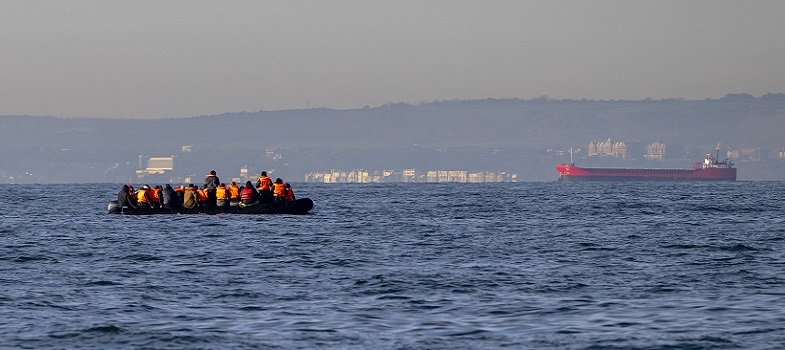5 Pushbacks
There is no internationally recognised legal definition for pushbacks. In the absence of an agreed definition, the United Nations Special Rapporteur on the human rights of migrants, Felipe González Morales, refers to pushbacks as:
‘various measures taken by States, sometimes involving third countries or non-State actors, which result in migrants, including asylum seekers, being summarily forced back, without an individual assessment of their human rights protection needs, to the country or territory, or to sea, whether it be territorial waters or international waters, from where they attempted to cross or crossed an international border.’
Pushbacks are widespread, existing in many migration routes. In 2019, the Parliamentary Assembly of the Council of Europe adopted a resolution [Tip: hold Ctrl and click a link to open it in a new tab. (Hide tip)] expressing concerns over the practice of pushbacks, which it cited was in violation of the rights of those seeking asylum, including the right to asylum and the right to non-refoulement.
At sea, a pushback may take place by state agents by forcing a vessel to return to the territorial waters of the state that they are trying to leave. The practice of pushbacks raises several human rights issues which will be discussed in the following subsections.
4.5.1 Protocols supplementing UNTOC

